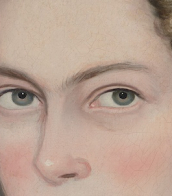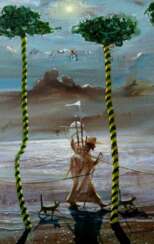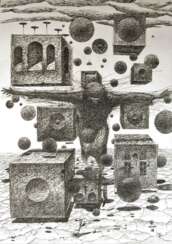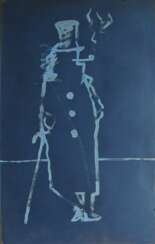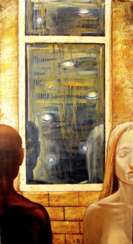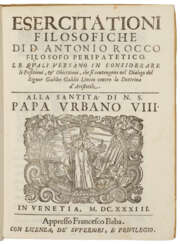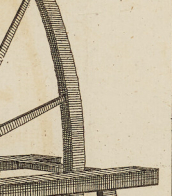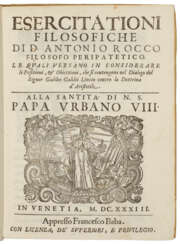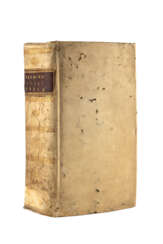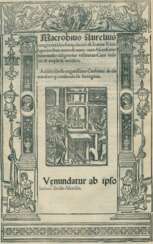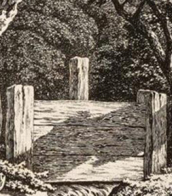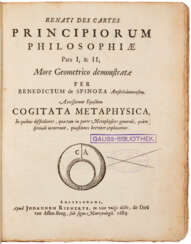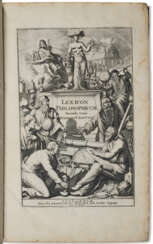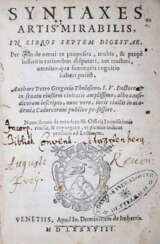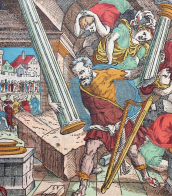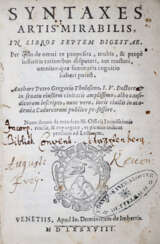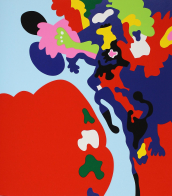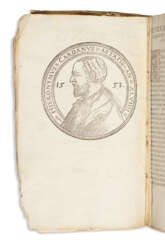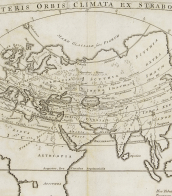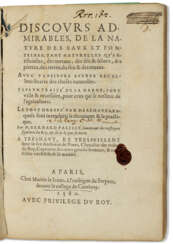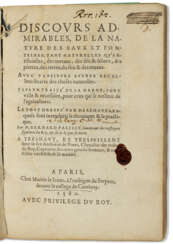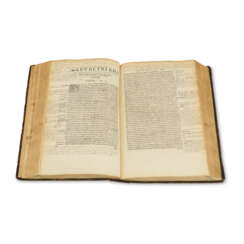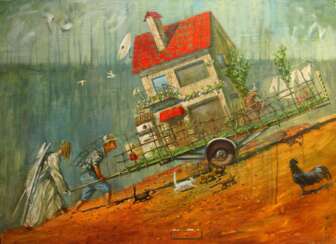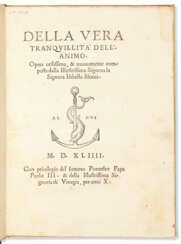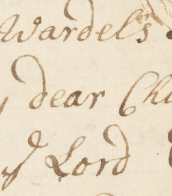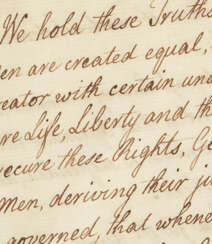philosophical topics
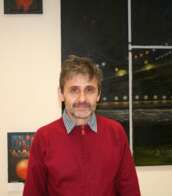
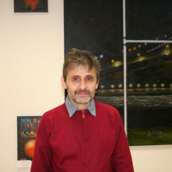






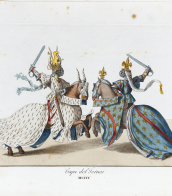

William Shakespeare was a British poet and playwright and writer.
William's father, John Shakespeare, was a merchant and official in Stratford. There are reports that he was a sailor for a time before joining a theater company in London. Beginning in the 1590s, Shakespeare began writing plays, and in 1593 he published a poem, Venus and Adonis, which became popular. He dedicated it to the Duke of Southampton, who was a philanthropist and patron of talent, and soon his business was booming.
From 1592 to 1600 Shakespeare wrote his dramas and romantic comedies "Richard III", "The Taming of the Shrew", "Romeo and Juliet", "A Midsummer Night's Dream" and "The Merchant of Venice", as well as the comedies "Much Ado About Nothing", "Twelfth Night" and the tragedy "Julius Caesar". The playwright's business was so successful that he even bought a large house in Stratford. In 1599, Shakespeare became one of the owners, playwright and actor of the new theater "Globe". In 1603 King James took Shakespeare's troupe under his direct patronage. In the mature period, the great playwright turned to tragedies, there were "Hamlet", "Othello", "King Lear", "Macbeth" and others.
Although in the 19th century researchers had some doubts about the authorship of many of these works, William Shakespeare is considered the greatest English playwright, one of the best playwrights in the world. His plays have been translated into all major languages and to this day form the basis of the world theatrical repertoire, most of them have been screened many times. According to the Guinness Book of Records, Shakespeare remains the world's best-selling playwright, and his plays and poems have sold more than 4 billion copies in the nearly 400 years since his death.

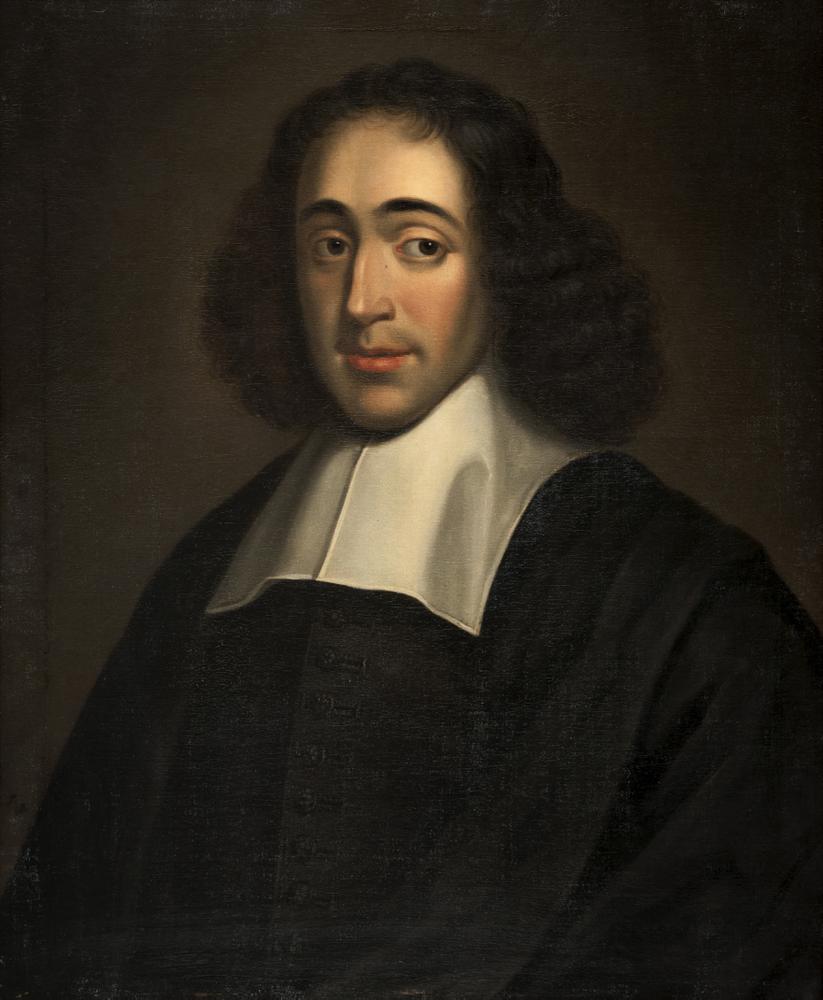
Benedictus Spinoza (Spanish: Baruj Espinosa) at birth Baruch Spinoza is a Dutch philosopher-rationalist of Jewish origin, a bright representative of the Age of Enlightenment.
Spinoza was born into a family of Portuguese Jews in Amsterdam, who converted to Christianity but returned to Judaism. As a young man, he was considered an outstanding Talmudic scholar and a promising religious scholar. But, inspired by the philosophical writings of René Descartes and Francis Bacon, the young philosopher soon fell outside the orthodox tradition because of his radical views. In 1656 he was severely excommunicated for heresy.
For the rest of his life, Spinoza spent his modest life grinding lenses and privately teaching philosophy, but he also wrote anonymously published philosophical treatises and secretly exchanged letters with many philosophically inclined luminaries of the wider European Enlightenment. Spinoza's only book, published in 1663 in Amsterdam under his own name, was Renati Des Cartes Principiorum Philosophiae Pars I, & II, More Geometrico demonstrate (Principles of Cartesian Philosophy). These principles served as a preparatory work for many metaphysical views in his most important treatise, Ethics (1677).
Benedict Spinoza defended the philosophical life from religious persecution and advocated a new, liberal, democratic regime to support that life. Although Spinoza was often persecuted as an atheist in his time, his writings played an important role in shaping philosophy, theology, and politics in the centuries to come. Of all the philosophers of the seventeenth century, Spinoza is one of the most relevant today.
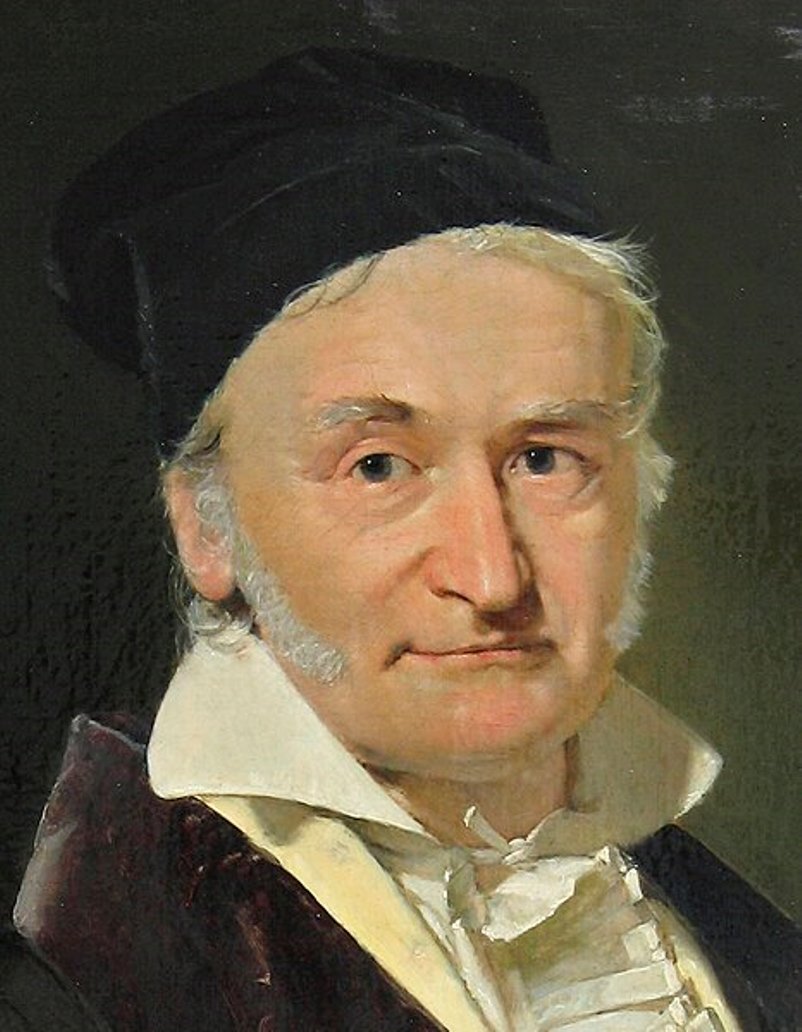

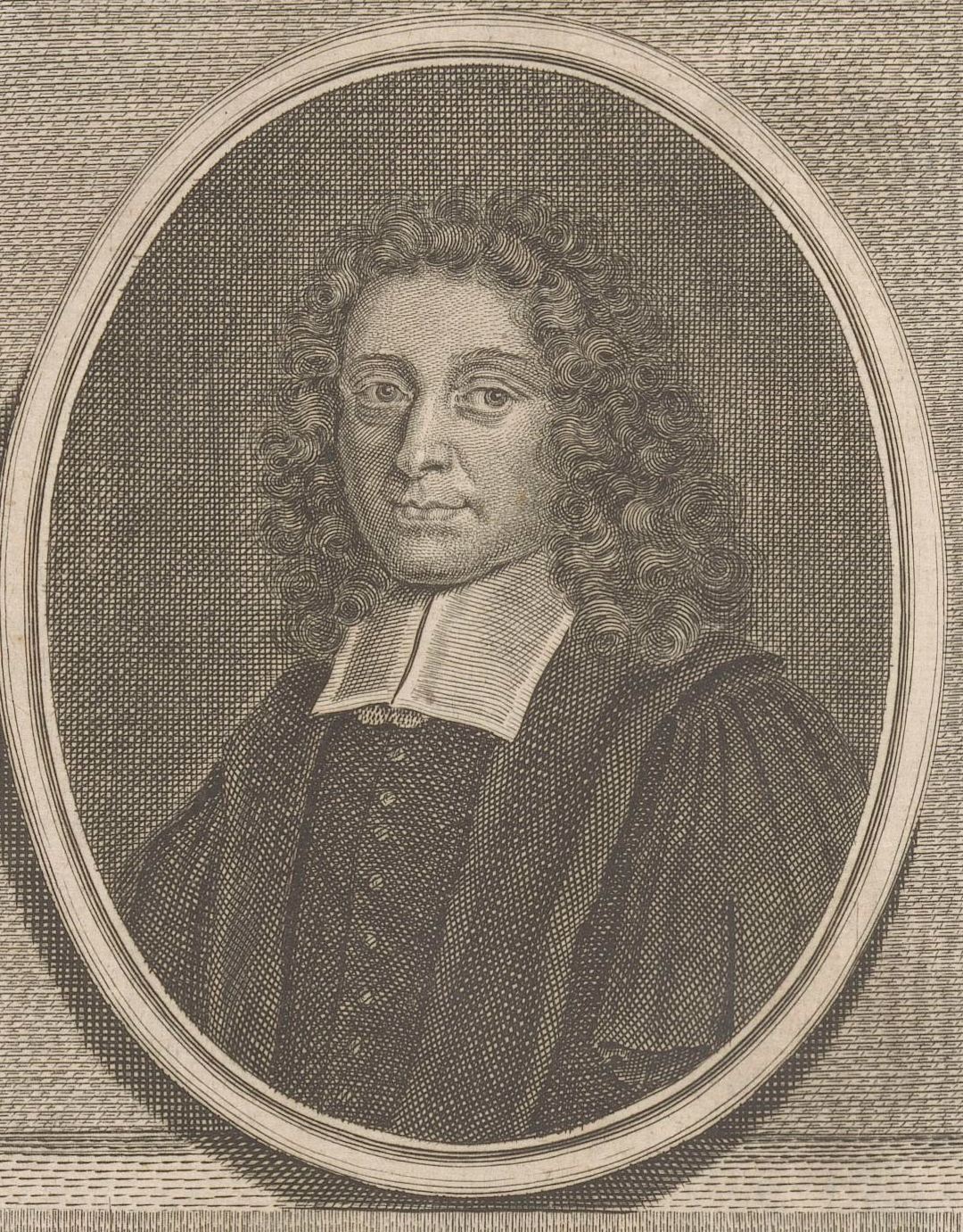
Étienne Chauvin was a French Protestant theologian and philosopher.
Chauvin's philosophy and worldview were entirely Cartesian. After his expulsion from Nîmes, Étienne Chauvin withdrew to Rotterdam, where he preached for several years in the Walloon Church. He was succeeded as professor of Baille at Rotterdam. In 1695 the Elector of Brandenburg appointed him pastor and professor of philosophy, and afterward inspector of the French college at Berlin.
Etienne Chauvin's major work is Lexicon Rationale, sive Thesaurus Philosophicus (1692). He also wrote Theses on the Knowledge of God (1662) and published the New Journal of Scholars (1694-1698).

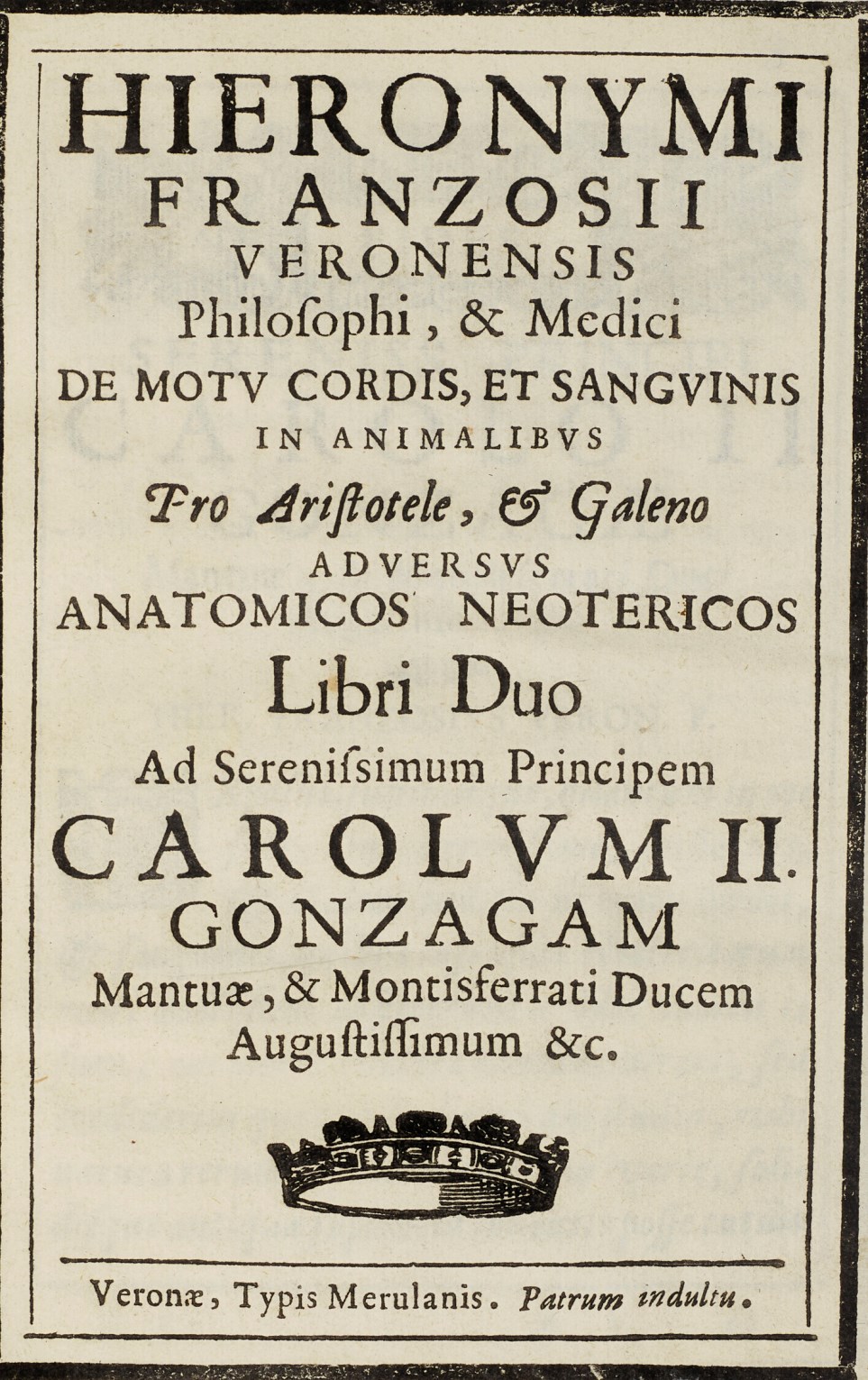
Girolamo Franzosi was an Italian physician and philosopher.
He was born in Polpenazza (now Polpenazze del Garda), near the Lombard lakeshore, in the late sixteenth and early seventeenth centuries. Franzosi was a student at Padua and became a convinced Aristotelian. He opposed the anatomists of the Neoteric Academy, which represented the new trends of medicine in Verona in contrast to the Galenic tendencies of traditional medicine.
Franzosi's other works, written under the influence of Girolamo Cardano and Agostino Nifo, deal with such wide-ranging topics as dreams, prophecies, imagination, and the medicinal properties of viper venom. He printed most of his works in Verona, calling himself "medicus and philosopher of Verona".

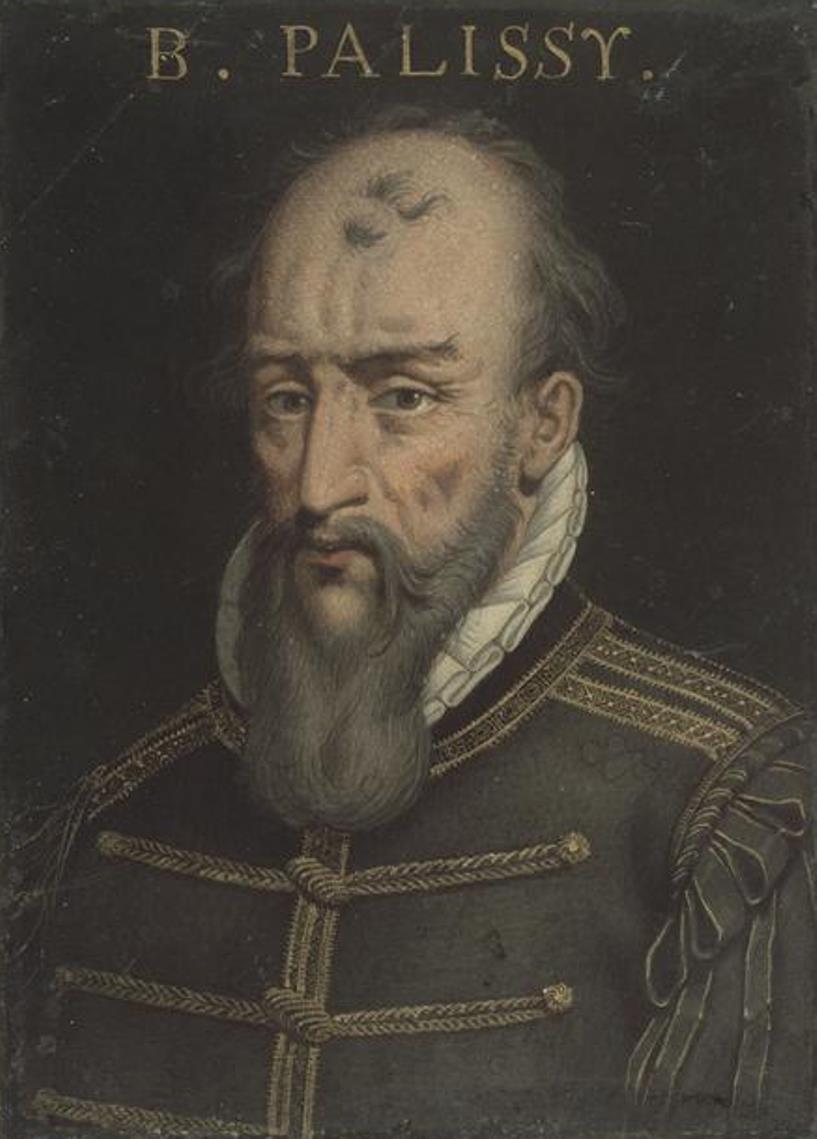
Bernard Palissy was a French natural scientist, painter, ceramicist and sculptor, geologist and writer of the French Renaissance.
Born into a family of artisans, Palissy apprenticed with his father as a glass artist and traveled throughout southwestern France comprehending pottery and studying geology. Today he is best known for his amazing lead-glazed pottery with images of various animals and people. After seeing a white glazed cup, probably of Chinese porcelain, in the 1540s, he set out to learn the secrets of its manufacture. His early research is described in De l'art de la terre. Although Palissy never succeeded in reproducing what he saw, his experiments gave him a thorough knowledge of the chemical compositions of minerals.
From 1575 in Paris, Palissy gave public lectures on natural history, which were published as Discours admirables (1580). In this treatise, Bernard Palissy touches on an incredibly wide range of subjects, from the techniques of ceramics, metallurgy and chemistry to hydrology, geology and fossils. He correctly identified fossils as the remains of ancient life. This work reveals him as a writer and scientist, a creator of modern agronomy and a pioneer of the experimental method, with scientific views generally more advanced than those of his contemporaries.

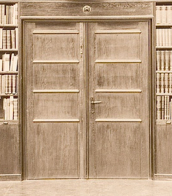
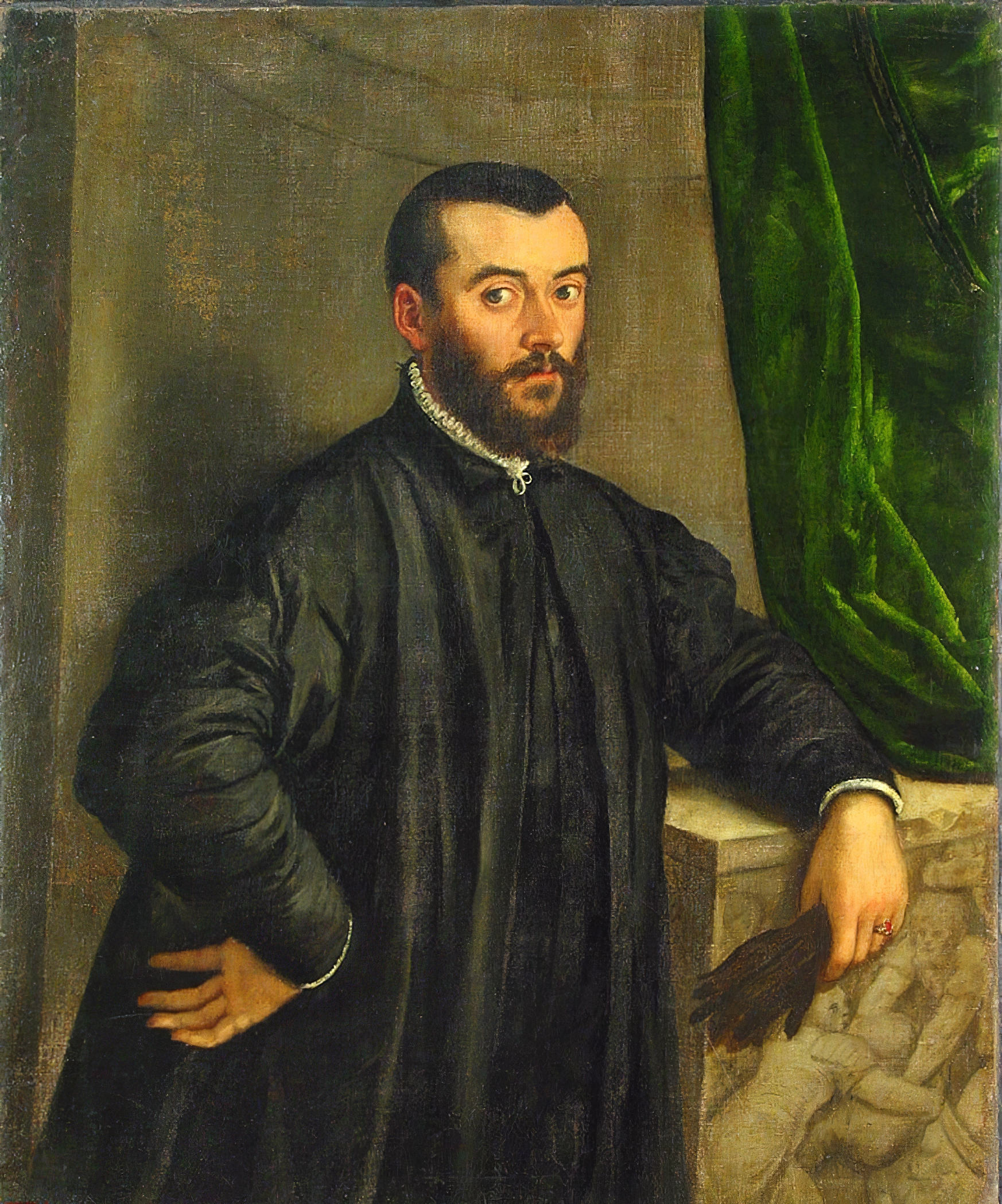
Andreas Vesalius (Dutch: Andries van Wesel) was a Flemish physician, one of the first anatomists of the Renaissance.
Vesalius came from a family of physicians and apothecaries, studied at the Catholic University of Leuven and at the medical school of the University of Paris, where he learned to dissect animals. He also had the opportunity to dissect human cadavers and devoted much time to the study of human bones. He later went to the University of Padua and, after earning his MD degree, was appointed professor of surgery, whose duties included anatomical demonstrations.
Vesalius revolutionized the study of biology and medical practice through his careful description of the anatomy of the human body. Based on observations made by himself, he wrote and illustrated the first complete textbook of anatomy. In 1543 his major work De humani corporis fabrica libri septem ("Seven Books on the Structure of the Human Body"), commonly known as Fabrica, was printed. In this epochal work, Vesalius gave far more extensive and accurate descriptions of the human body than anything that had been done by his predecessors.
In the same year, 1543, the Holy Roman Emperor Charles V appointed him staff physician of his house, and in 1559 Vesalius became physician to the Madrid court of Charles V's son, Philip II.
Vesalius' work made anatomy a scientific discipline with far-reaching implications not only for physiology but for all of biology.
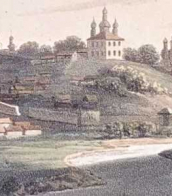


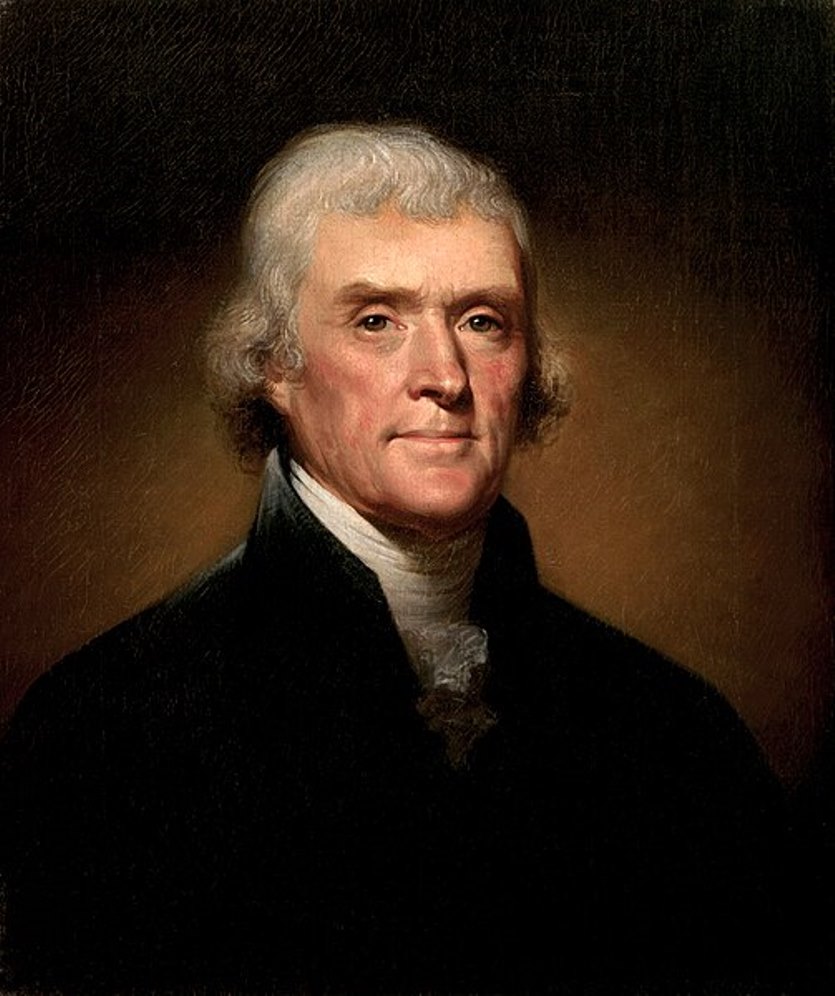
Thomas Jefferson was an American politician and statesman, the third President of the United States (March 4, 1801 - March 4, 1809).
Jefferson was the son of a planter and received a law degree. In 1774, he wrote A Summary of the Rights of British America, which attracted public attention, and he soon gained a reputation as one of the first advocates of American independence from the authority of the British Parliament. In the spring of 1775, the Virginia legislature appointed him a delegate to the Second Conference of the Continental Congress. A year later he was appointed to a committee of five, which also included Adams and Benjamin Franklin, to draft a formal statement of reasons to justify a break with Great Britain. Jefferson thus became one of the authors of the Declaration of Independence. Jefferson succeeded Benjamin Franklin as minister to France in 1785, was secretary of state (1790-1793) under Washington, and vice president (1797-1801) under John Adams.
A Democratic-Republican, Jefferson, who believed that the national government should play a limited role in the lives of citizens, was elected president in 1800. One of the most significant accomplishments of Jefferson's first administration was the purchase of the Louisiana Territory from France for $15 million dollars in 1803 (from the Gulf of Mexico to present-day Canada), effectively doubling the size of the United States. During his second term, Jefferson was focused on trying to keep America out of the Napoleonic Wars in Europe. After his second term as president, he was succeeded by James Madison in 1808.
Upon leaving office, Jefferson retired to his plantation in Virginia, pursued his favorite pastimes, and helped found the University of Virginia. In addition to politics, he is known as a writer, farmer, horticulturist, inventor, book collector, art historian, architect, and scientist. He died at the age of 83 on July 4, 1826, the 50th anniversary of the Declaration of Independence.
